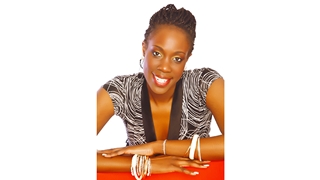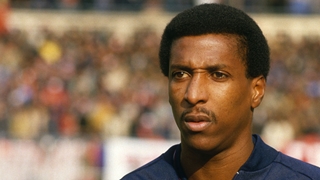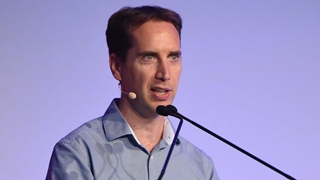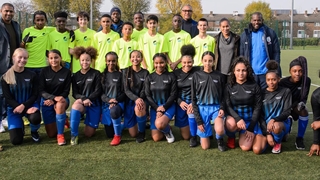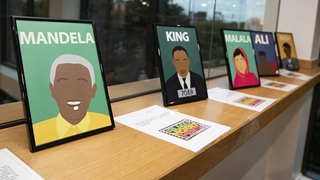
October every year provides us with a key moment to stop and reflect on the history, achievements, sacrifices and contributions of Black people in the UK.
Like has been seen with the increasing focus and impetus for diversity following the horrific killing of George Floyd, many things that we develop and adapt in the UK are borne out of the US – and Black History Month is no different.
Black History Month was created by an American historian Carter G. Woodson (1875-1950) who wanted to challenge the idea that the “negro has no history” and therefore set-up an association to encourage scholars and historians to preserve Black history and culture.
Fast-forward from “Negro Week” in the 1920s, to the birth of Black History Month in the 1960s against the backdrop of the civil rights movement and the Black Power movement.
This then led to subsequent transatlantic transportation and we were lucky enough to start recognising our own celebratory month in the UK in 1987. While in the US celebrations were established to coincide with the birthdays of Abraham Lincoln and Frederick Douglass – thought to both play key roles in the abolition of slavery – in the UK the month of October was selected to align with the time period where African chiefs and leaders gather to settle their differences, thus connecting the time-period back to the acknowledgment of years of cultural ancestral heritage and traditions.
As a proud Black woman who prides myself on sharing about my history and culture with anyone who will listen, this month provides me with a defined time to remember the achievements and contributions to the social, political, economic and cultural development across the UK of people who look like me and who come from historically underrepresented ethnic backgrounds.
While the month gives me a great sense of pride, throughout my youth I regularly pondered why a month was needed to recognise the contributions of people who have been influential in shaping society. As I travelled through my academic education, it became apparent why it was needed, because many whose face doesn’t fit the comforting UK narrative have become forgotten heroes.
Despite this, these contributions continue to influence so many aspects of our day-to-day life and while they’ve often previously been forgotten for the other eleven months of the year, I believe that 2020 marks a milestone in which there has been collective acknowledgment in the fact that this needs to change. I have hope that now Black history will be shared more widely in public spaces, through communities, in our education system and indeed in museums and places of UK cultural heritage too.
For the first time in my lifetime, this year we experienced a stark, bright and shiny mirror worldwide which has enabled us to undeniably see the ways in which our society isn’t fair. Be that disproportionate sickness and death statics, criminal justice maltreatment of certain groups or the impact of the socio-economic downturn on certain communities – these have all shone on a light on what systemic racism looks like and the fact that we all have an opportunity to play a role in making things better for all.
Due to digital advancements and social media, in 2020 we have seen the global outrage in the ways in which Black people are treated worldwide and protests have sparked and demonstrated a commitment among individuals and organisations to educate themselves about Black history and culture. Black History Month is a tool that can help with this education and serve as an avenue to understanding society’s injustices, so that collectively we can strive to fix it.
For me, this year more so than ever, Black History Month is an opportunity to harness the importance of allyship for the momentary focus on these issues to continue its momentum towards meaningful change. It’s a time for those from all communities to have some dedicated time to explore, discover and celebrate Black history.
Be that the incredible achievements and contributions of the past such as Arthur Wharton, the first Black professional footballer in the world and the first to play in the Football League which helped pave the way for doors to be open to future Black footballers, to the likes of Marcus Rashford leveraging his voice and influence to support the societal cause of hunger for school children from low socio-economic backgrounds in the midst of COVID-19 leading the Government to reconsider their position. Black History Month is a juncture that reminds me of these critical contributions, both past and present, and the importance of creating awareness and education across all communities in the UK.
For generation upon generation, people of Black heritage have been making a huge difference to our national and cultural life in the UK and every year, we see how this continues to evolve and develop for the next generations, which is even more pertinent at a time where the ethnic diversity continues to grow across towns and cities up and down the country.
This year we can and should shine a light on shared British history, but for the first time, strive to do it without rose-tinted glasses perspectives being given. We all have to get comfortable in our discomfort so that the struggles, the pain, the challenges and the impact are told truthfully through the voices of those with lived experience and who by the very nature of their cultural or ethnic backgrounds sit in a position of lesser power, respect and acknowledgement across society.
Black culture isn’t a commodity to be appropriated, used when it’s convenient and monetised without any investment into the Black community, in the same way Black history isn’t just a month to tick-off in the calendar without truly wishing to engage and understand its meaning, purpose and importance while challenging yourself and others to ensure fairness and equality every single day.
On a deeply personal level, this month gives me time to admire the achievements of many who have had to battle against systemic challenges and discrimination to achieve access or success. For that reason, this month regularly serves as moment in which I’m truly inspired, motivated and refreshed about my life’s purpose and what it is that I want to contribute to the world.
I’m reminded that I’m walking on the shoulders of giants who came before me, so that I can acknowledge the privilege and responsibility that I have to use my voice, seat and perspectives to create equitable opportunities for all in every single sphere of my life.


